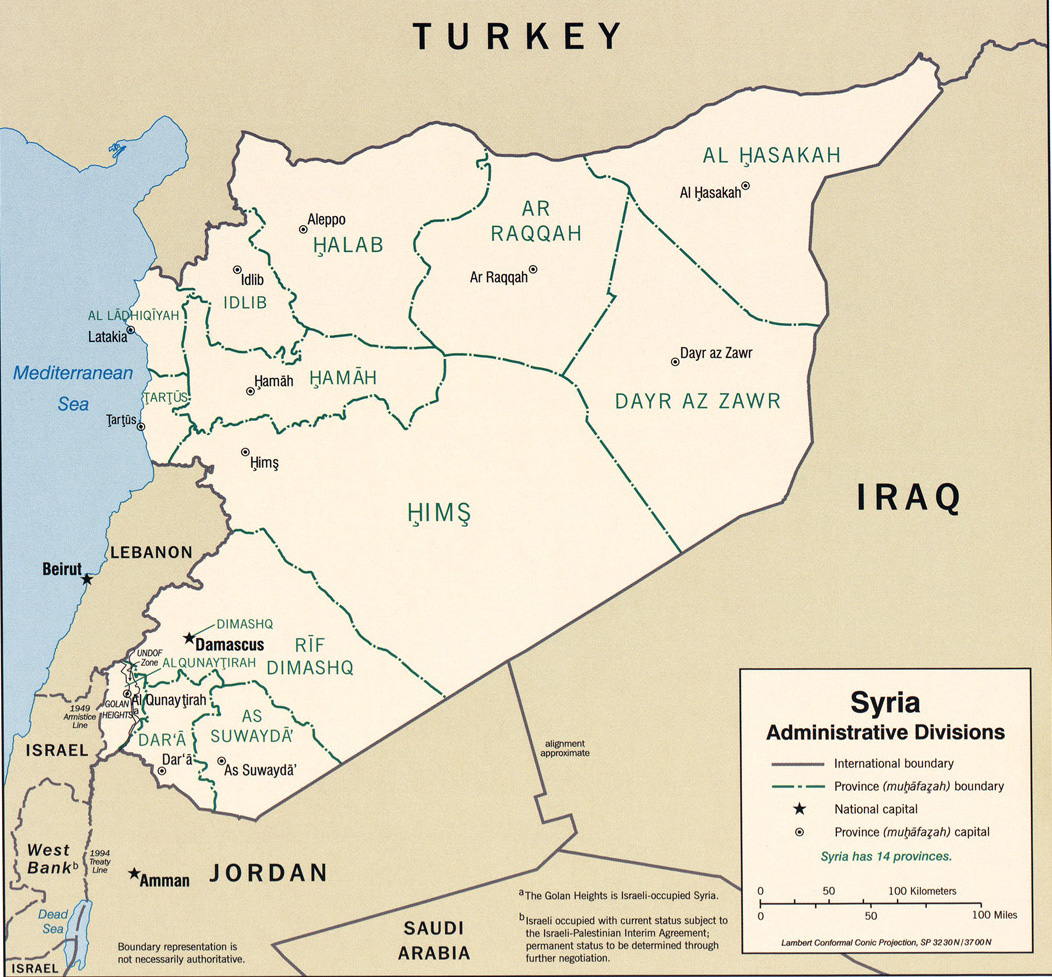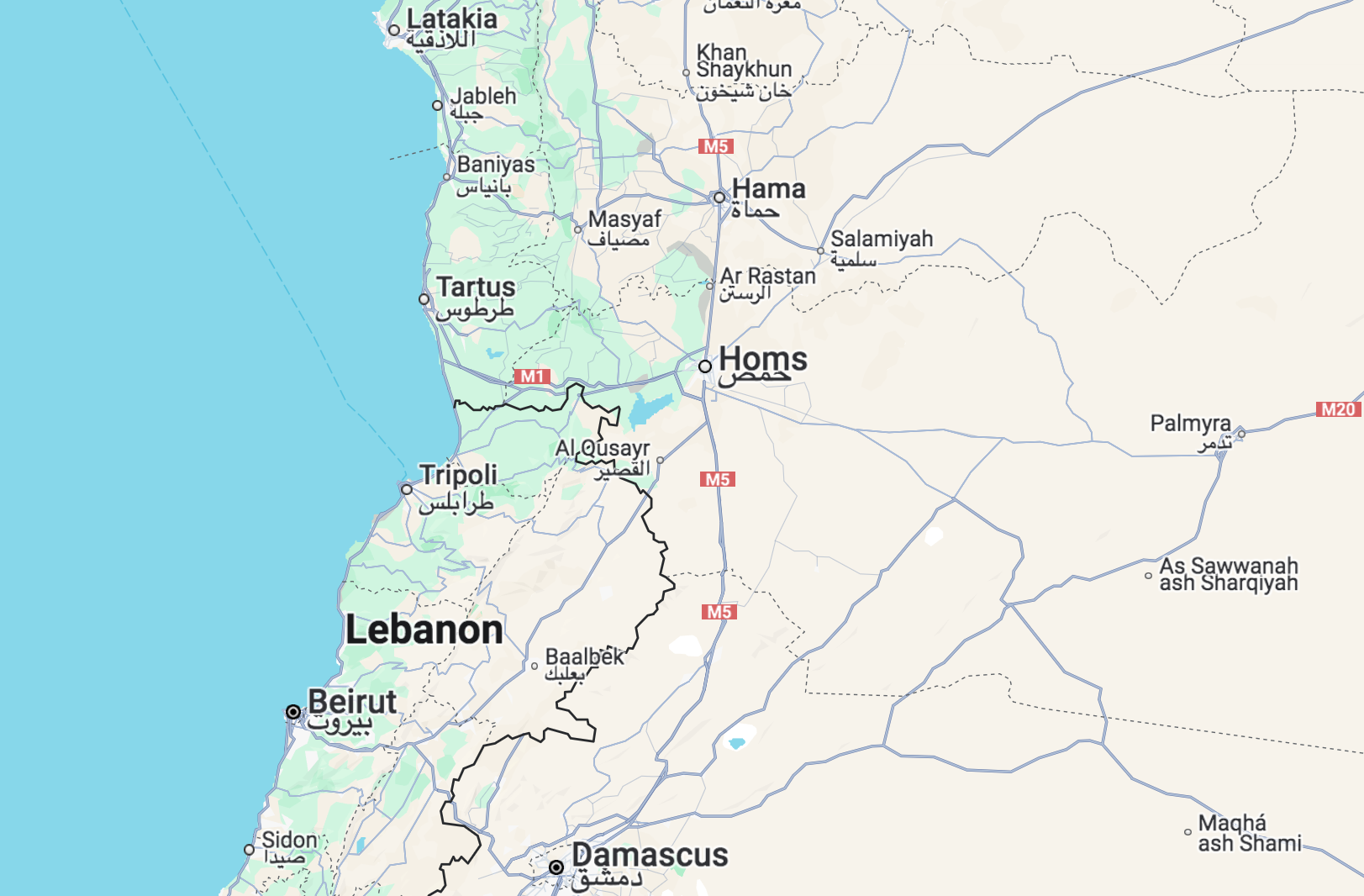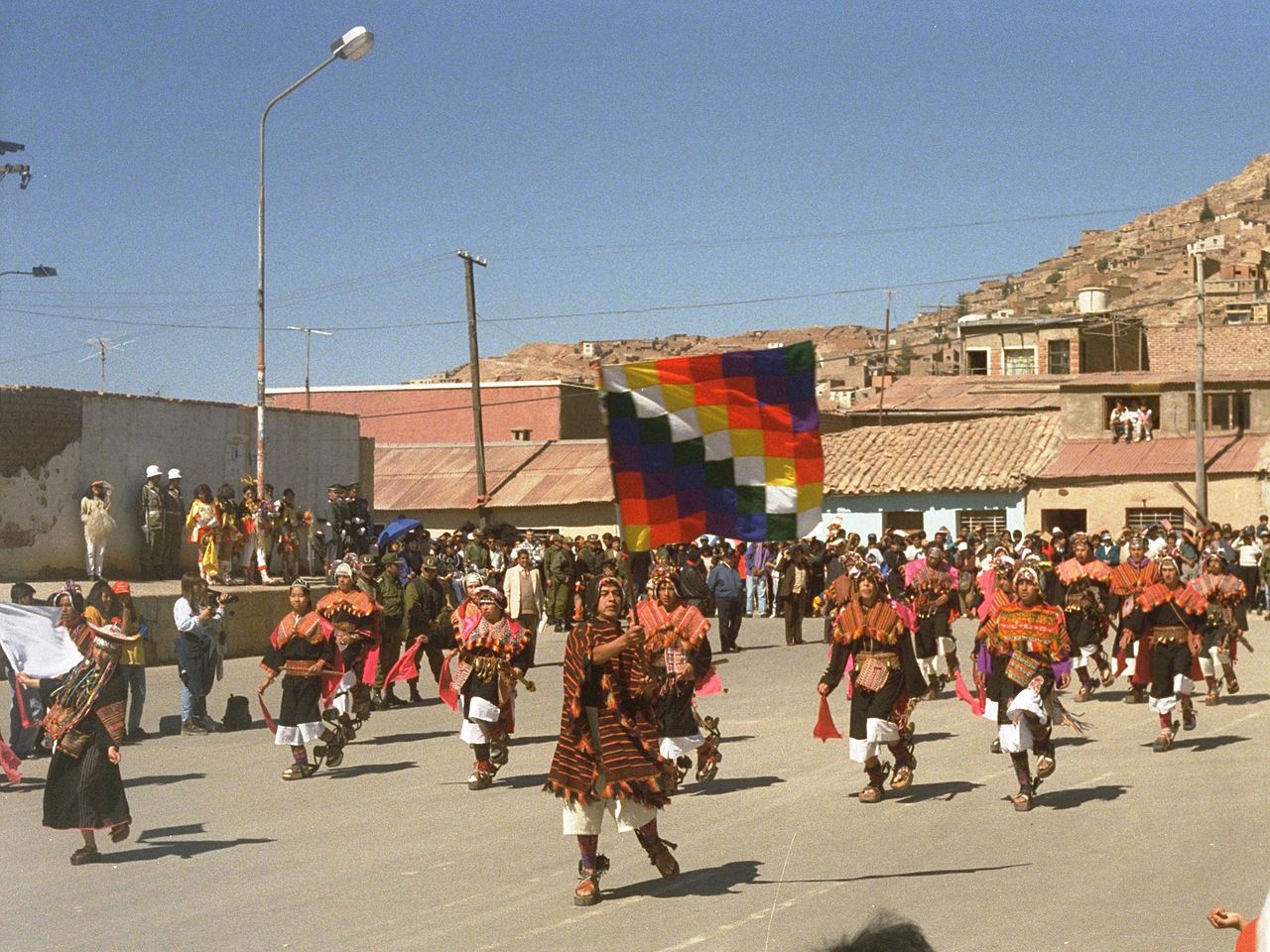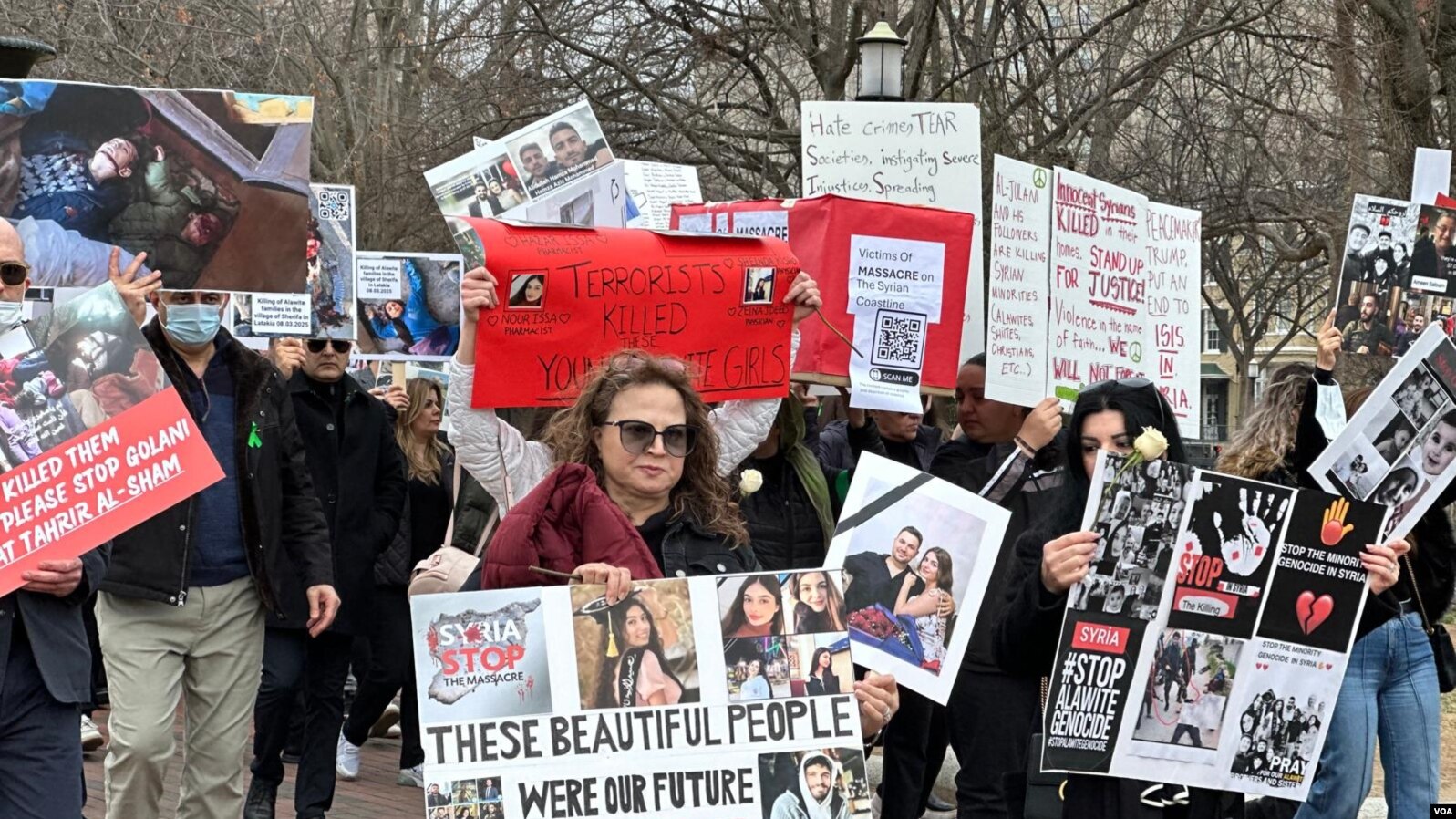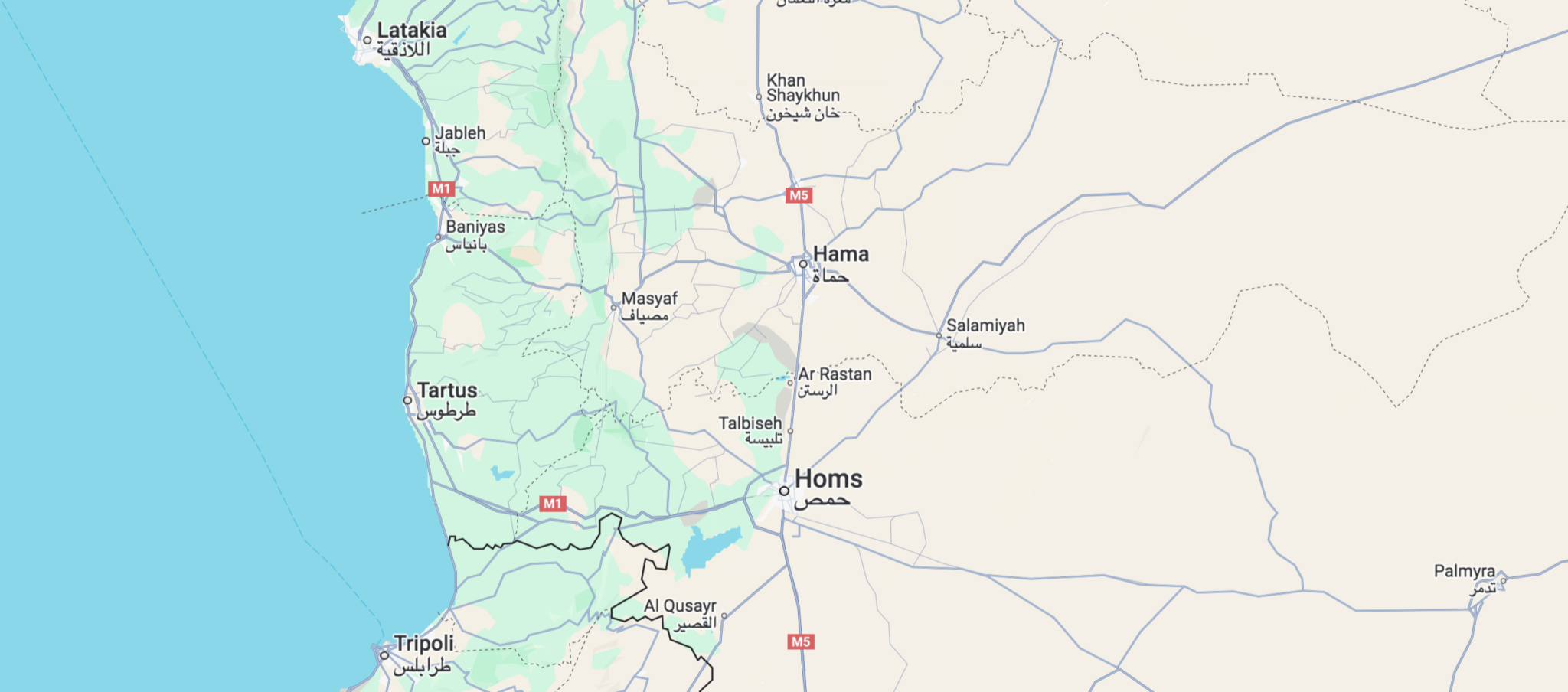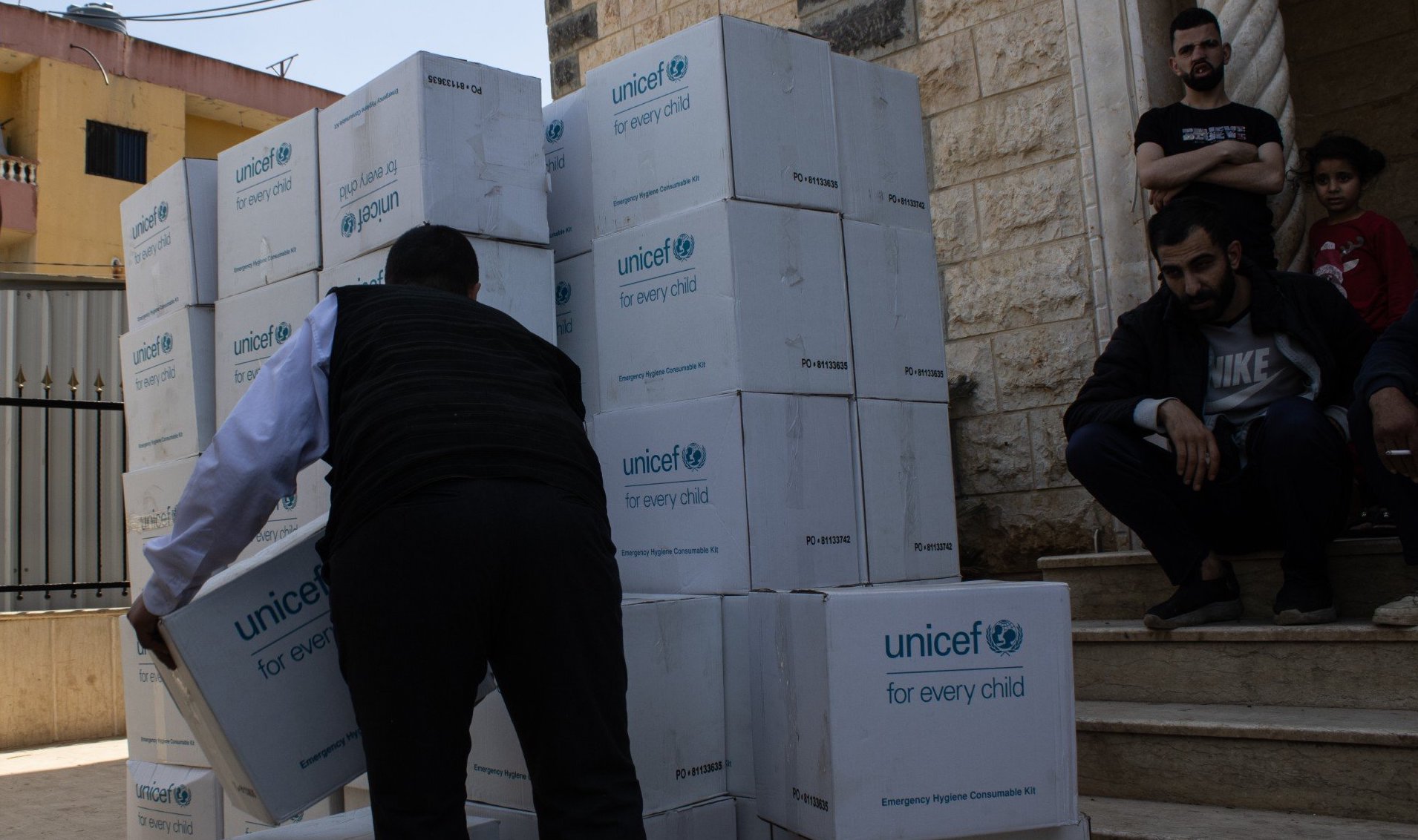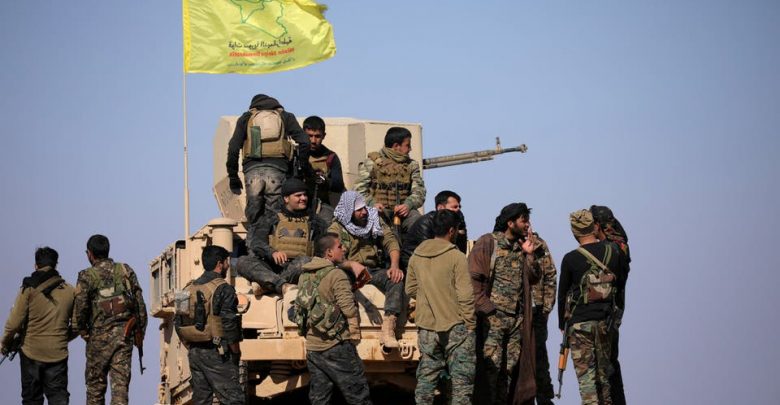Syria
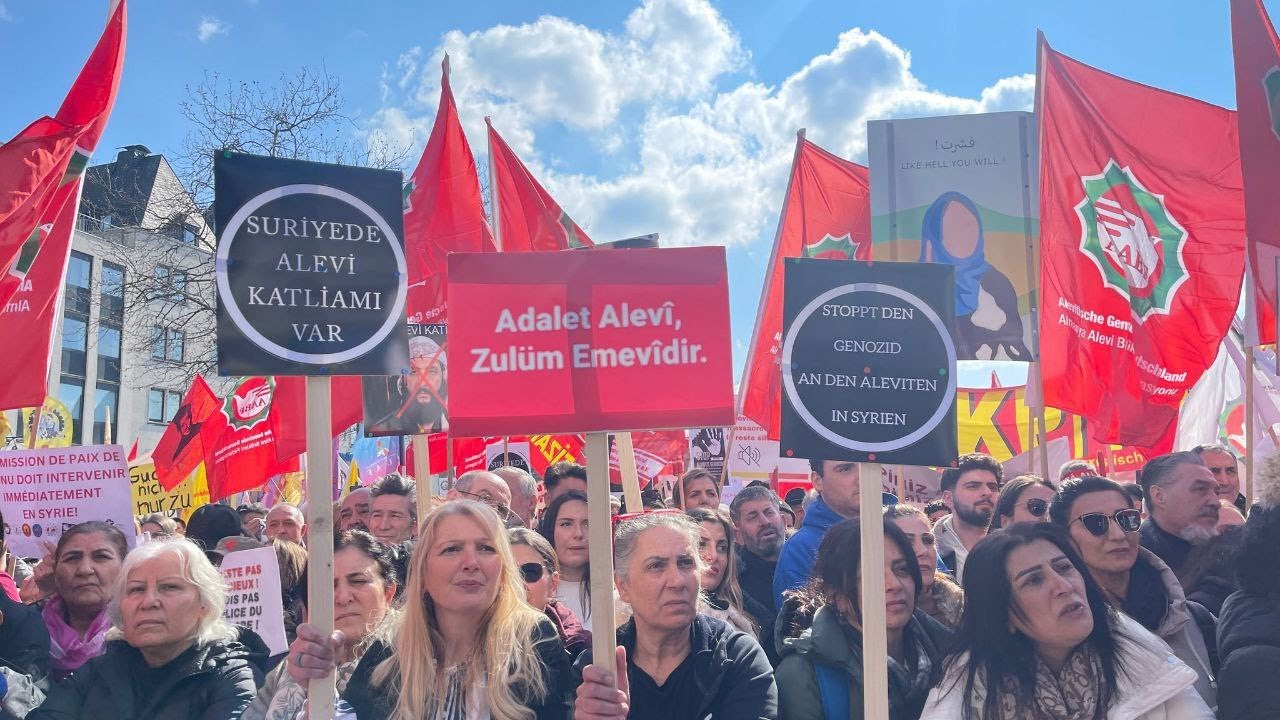
The UN Syria Commission of Inquiry reported that the wave of violent attacks that engulfed coastal and western-central Syria in March may constitute war crimes, and urged accountability to restore public confidence in the authorities. Evidence adduced in the report paints a harrowing picture of widespread massacres targeting Alawi communities, documenting crimes including murder, torture, and the desecration of corpses, as well as large-scale internal displacement. Footage of civilians being subjected to degrading treatment and abuse was disseminated widely via social media. The violence was attributed to members of the interim government forces, as well as local militias. The chair of the commission, Paulo Sérgio Pinheiro, stated: “The scale and brutality of the violence documented in our report is deeply disturbing. We call on the interim authorities to continue to pursue accountability for all perpetrators, regardless of affiliation or rank.” (Photo: Protest in Köln, Germany, against massacre of Alawites in Syria. Credit: Pir Haber Ajansı via Wikimedia Commons)
